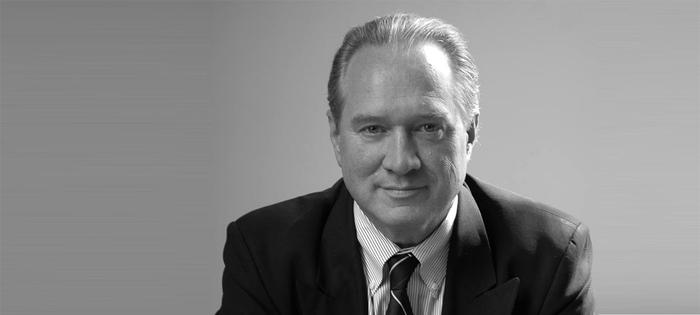While living in Lincoln, Neb., many years ago, I drove by a man's house that had caught fire and was burning -- the roof was in flames. Oddly, the owner was out mowing his front yard while his house was ablaze. He just kept his head down and mowed, as if nothing was going on around him.
That image came back to me last week as I was reading The Wall Street Journal, The New York Times, and The Washington Post. I read a lot about immigration, gay marriage, and the environment. Also about the National Security Agency, leaker Edward Snowden, the president's trip to Africa, and other hot topics inside the Washington beltway. But there was very little in all three papers about the most burning issue of all to Americans: jobs and the economy. D.C. politicians and the media are mowing a metaphorical lawn while the country's economic house is on fire.
Perhaps America's political and news leaders have given up on, or simply forgotten about, the unemployed and underemployed. Apparently, Big Unemployment is the new normal. Sure, the president and Congress address it, but rarely in an urgent way.
Just look at last week's jobs report. The economy added 195,000 new jobs, according to the U.S. Department of Labor. Not terrible, but not good either. Many economists, including Nobel laureate Paul Krugman, say that, given how depressed the economy is right now, we need to be adding 300,000 jobs per month, not fewer than 200,000.
A big problem is that the federal government's official unemployment rate doesn't reflect the severity of the jobs crisis -- these data may actually make Washington leadership and the media complacent. Here's why: The Bureau of Labor Statistics (BLS) defines unemployment as the percent of people looking for a job who can't find one. So, for instance, if you've given up on trying to find a job for the rest of the year, you're not considered unemployed because you quit searching.
Another problem with the BLS measure: Let's say you wash my car -- it took you one hour or longer to complete and I gave you at least $20 for the task -- the federal government doesn't count you as unemployed. That's even if you're an out-of-work engineer and car washing is the only work you can get right now.
These measures severely undercount the number of underemployed people in America and are far removed from people's real experiences and suffering. For example, the BLS reports the adjusted unemployment rate at 7.6% right now, where Gallup shows an underemployment rate of 17.2%. That latter figure is far more worrisome because it indicates that more than 20 million Americans remain unemployed or grossly underemployed.
The BLS jobless rate may make Washington complacent about jobs and the economy overall, but the public is not. As Gallup recently reported, when asked what is their "greatest worry or concern about the future of the United States," 34% of respondents said the economy, the nation's finances, or unemployment/jobs. Among topics of great interest to politicians and the media, losing freedom and civil liberties was a top concern of only 4% of Americans, and immigration and border control garnered 2%. And how about this: gay marriage and the environment didn't even make the list.
U.S. leadership and media are missing the point as much as that guy in Lincoln mowing his yard while his house burned down.
The New Normal: Big Unemployment

The Five Conditions Assessment
Discover a valuable tool for business owners, policymakers and investors to reliably assess companies' potential for growth.